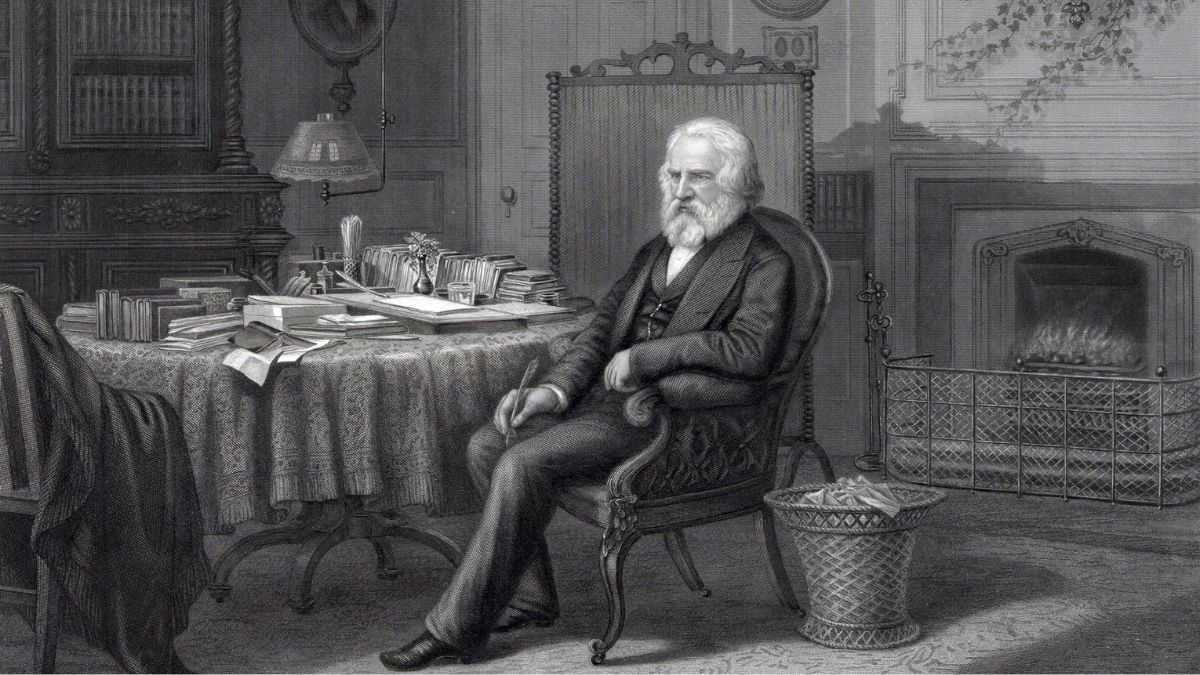Kalidasa (Classical Sanskrit Literature)
Kalidasa (Classical Sanskrit Literature)
Henry David Thoreau (American Literature)

Henry David Thoreau (American Literature)
In the hushed realms of American literature, a solitary figure strides forward, etching his indelible mark on the canvas of time. This figure is none other than Henry David Thoreau, a master of words, a seeker of truths, and a whisperer to the wind. His life and works, woven intricately into the tapestry of American literature, evoke a sense of wonder, urging us to pause, reflect, and be awestruck by the sheer brilliance of his philosophical insights and literary prowess.
Born in the quaint town of Concord, Massachusetts, in 1817, Thoreau was not just a writer; he was a naturalist, a philosopher, and an impassioned advocate for individualism and civil disobedience. His early life, influenced by the transcendentalist movement, set the stage for a journey that would transcend the ordinary, challenging the norms and igniting a fire that would burn brightly through the ages.
Thoreau’s most celebrated work, “Walden; or, Life in the Woods,” is a mesmerizing narrative that captures his two-year, two-month, and two-day sojourn in a cabin near Walden Pond. This masterpiece is not merely a reflection on simple living in natural surroundings; it is a profound exploration of self-reliance, a meditation on the beauty of nature, and an impassioned plea for spiritual awakening. Reading “Walden” is like walking through a forest of thoughts, each tree a testament to Thoreau’s deep contemplation and connection with the natural world.
But Thoreau’s impact on American literature and philosophy does not end with “Walden.” His essay “Civil Disobedience,” originally titled “Resistance to Civil Government,” is a powerful treatise advocating for nonviolent resistance to unjust laws. This work has resonated through time, influencing luminaries such as Mahatma Gandhi and Martin Luther King Jr. Thoreau’s call for individual conscience over legislative law and his profound respect for the sanctity of the individual spirit stand as a beacon of hope and a testament to the power of peaceful protest.
Thoreau’s writing style is a tapestry of eloquence and simplicity. He had the unique ability to transform the mundane into the extraordinary, to find the universal in the particular. His narrative style, deeply personal yet universally resonant, invites readers into his world, encouraging them to see the extraordinary in the everyday. Thoreau’s prose is not just writing; it is an experience, a journey through the depths of nature and the human soul.
As we traverse the landscape of American literature, Thoreau’s legacy shines like a guiding star. His works continue to inspire, challenge, and enlighten. In a world increasingly disconnected from nature and consumed by materialism, Thoreau’s call to simplicity, his reverence for nature, and his unwavering belief in the power of the individual spirit are more relevant than ever.
In conclusion, Henry David Thoreau remains a towering figure in American literature. His contributions are not just in the realms of transcendentalist philosophy or environmental literature; they are an enduring part of the human quest for meaning and connection. Thoreau’s life and works remind us to seek the extraordinary in the ordinary, to listen to the whispers of nature, and to always, always follow the trail of our own individual spirit. As we stand in awe of his legacy, we are reminded of the power of words to change the world, one soul at a time.